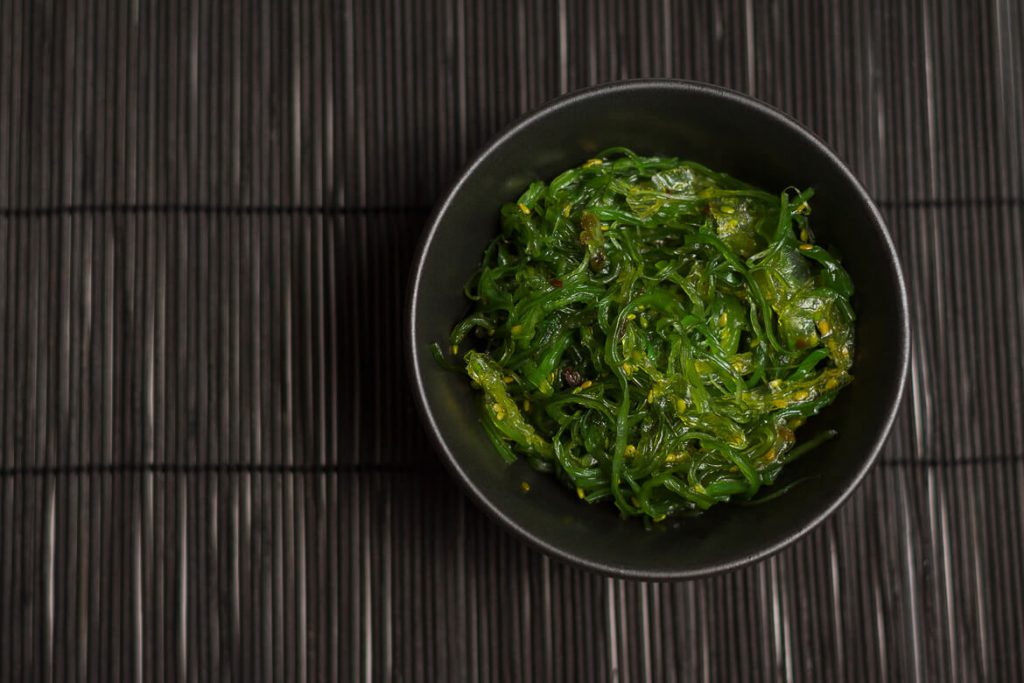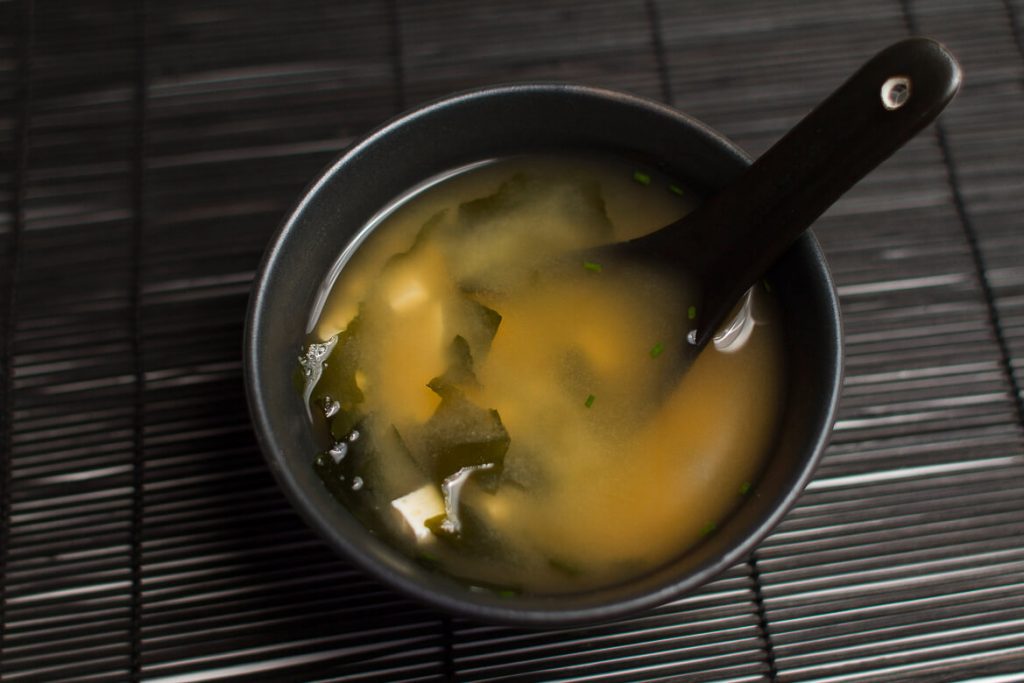Move over kale! The new, must-have superfood is rising from the sea, Poseidon style.
For some, seaweed is just an annoying sea plant that litters the coastlines and startles unsuspecting swimmers in the deep end of the ocean (we’ve been there). In reality, seaweed is pretty much one of the most important and valuable forms of life on Earth with multiple uses that range from sustenance and agriculture to medical and beauty remedies. Here are 4 amazing facts about the sea’s superfood.

1. Provides most of Earth’s oxygen
Before we proceed, let’s get something straight. Seaweed is not a weed. A weed is something invasive, ugly, and unwanted. Therefore, naming something that basically serves as the base for all marine life and is essential for our survival here on Earth a lowly «weed», equates to a cheap “Yo Mama” joke—laughable and a little offensive. Now, get ready, because we’re about to drop a little science here. Seaweed is algae, which, like plants, photosynthesize, meaning they use sunlight and carbon dioxide to make food. A byproduct of this process is oxygen. Since oceans cover about 71% of our planet, then it is no surprise that seaweed produces 70 to 80 percent of our planet’s oxygen. Mind. Blown.
So, the next time you take a deep breath, thank seaweed for the gift of oxygen and remember that protecting the ocean is vital to humanity’s survival. In yo mama’s face land plants!

2. High in nutrients
Okay, okay, seaweed IS a little ugly, but it’s one of the most nutritious foods you can eat. Human civilizations from around the world have used marine algae for many purposes. In Japan, China, and Korea, seaweed was so respected that the best kinds were reserved for the nobility. Even the Greeks recognized its nutritional value, feeding it to their animals as early as 100 BC. The secret sauce lies in the fact that seaweed absorbs minerals from the sea which makes it an excellent source of nutrients, such as folate, magnesium, zinc, potassium, phosphorus, and selenium, vitamins A and C, antioxidants, fiber, and probiotics. Some types even contain more protein than meat and more calcium than milk! But, most importantly, seaweed has a nutrient that is missing in other foods: iodine. Consuming iodine is essential to a healthy thyroid, which helps produce and regulate hormones.
Think outside of the sushi box and consume seaweed in salads and soups, or dried as a healthy snack, instead of potato chips. And remember, you don’t have to go to Japan to taste yummy seaweed. The red algae Polysiphonia is native to the Greek island of Crete and is served raw and seasoned in vinegar at local restaurants (with a shot of raki of course).

3. Makes you beautiful
Seaweed is incorporated into skin-care routines and beauty products the world over. But, this is nothing new. Ancient Greek women would ground up seaweed and mix it with water to create a pasty facial mask for dewy skin. Minoan women recreated a rosy flush by applying a lip and cheek stain made from crushed mulberries, flowers, and seaweed. Thalassotherapy (sea therapy) was another way the Ancient Greeks detoxed their body, rejuvenated their skin, and restored their health. This was done by adding seaweed to their heated baths in order to draw out toxins. Today, many spas offer thalassotherapy treatments to achieve flawless skin as it soaks in the trace minerals and vitamins we mentioned previously. Seaweed has anti-inflammatory properties as well, which is great if you have acne or suffer from rosacea. Plus, you can’t beat the powerful anti-aging antioxidants that it provides. It seems like the fountain of youth isn’t a fountain after all!

4. May combat disease
The benefits of seaweed extend far beyond nutrition and beauty. In Greek and Roman times, Mediterranean seaweeds were used as herbal medicines. Modern medicine has taken this one step further and today seaweed is used to help regulate hormones, such as estrogen and estradiol, potentially reducing the risk of breast cancer. In fact, some believe that Japan’s low incidence of breast cancer is directly related to the country’s high seaweed consumption. However, there are many other benefits, as it aids to improve female fertility and helps prevent heart disease and strokes.

One of the most effective types of seaweed is Spirulina, which is currently produced in Northern Greece. Actually, Greece is one of the largest commercial producers of Spirulina along with the US, India, Chile, and China. With protein of high biological value and a wide range of vitamins, minerals, and polyunsaturated fatty acids, this blue-green algae has major health benefits: detoxes heavy metals, lowers blood pressure, reduces cholesterol, helps prevent diabetes, relieves asthma, and aids in combating anemia, metabolism disorders, fatigue, and gastrointestinal disorders, just to name a few. Oh, and it speeds up weight loss. Jackpot!




